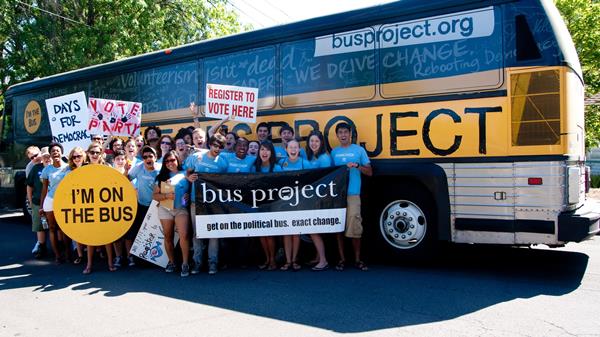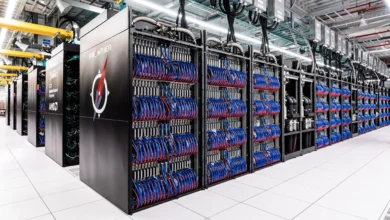
Can We Take Back Our Economy?
Muncie, Indiana Blog – The Republican tax plan is a disaster. Projected repercussions include job loss in the very industries that the GOP promised to save, more cuts to public education, and a continued gutting of healthcare.
The Senate is a dumpster fire, a horse so dead the riding crops are kicking up bone dust. What can we do to reclaim the kind of economic optimism that defined recent American history? What can we do to help underserved, minority, impoverished and abused communities claim those sorts of American economic opportunities?
We’re facing unique challenges and threats to our financial well-being, and even the political process itself. The tax plan reveals loopholes and dubious ethics that could enable more tax evasion on the part of big corporations while sticking everyone else with the bill. We know that our democracy isn’t supposed to work like this. Our laws are supposed to ensure ethical taxation practices and responsible fiscal decision-making for the benefit of citizens. What happens when it becomes clear that the legislators are the ones creating moral loopholes?
I don’t know if I have any answers. But it’s a conversation worth having, especially during difficult times and when the fundamental pillars of people’s financial security are under attack.
Changing the Way We Think About Those Around Us
Listen, there are hard times for all of us, and they might be about to get harder. I understand that you need to look after yourself, and your own family, first. But we have to stop buying into the idea that social power and economic opportunity are limited resources. If we believe in our secular constitutional republic, in democracy, in equality under the law, then we cannot take the position that the woes of our society are insurmountable.
If politicians refuse to tackle the inequities that plague us in meaningful ways, it’s the responsibility of citizens not just to vote for better representation, but to do the work. And have proof that the consistent effort of people passionate about an issue, even a relatively small group, can affect change in policy.
Let’s use (shudder) the NRA as an example, thanks to Last Week Tonight’s oddly brilliant journalism. I know it isn’t directly related to the topic but bear with me. Here’s a quick rundown of what John Oliver and his team have to say about the NRA and their success:
While they do spend money on advertising and lobbying, the real power they wield is in their motivated membership. They frequently activate their base around minor and significant pieces of legislation, allowing them to block bills and regulations that polling shows a majority of Americans support. Why? As John Oliver puts it, it’s about showing up. The NRA has membership bothering legislators about bills most of us won’t even know about until they’ve already failed.
We’re not talking about guns here, but I think this particular group best illustrates my point. They succeed in blocking legislation that more than 80 percent of Americans support. And so, to fight the sway that these special interest groups have on our legislators, we need to show up too.
Herein lies the big, big problem. We’re talking about economic inequity here. So the people who are most passionate and most affected by these issues do not have either the time or the money to take part in this sort of activity. The same problems that cause income imbalance also prevent the people it affects from taking action: Single mothers and fathers who can’t march in protest because they’ll lose their job if they take a few hours off work. People who work 60 or more hours per week just to keep up with the inflation of rent and living expenses. Parents of children with medical needs, disabled people … The people who in the most need of advocacy often don’t have the resources to spend the time, work, or money to engage on the same political playing field.
The people who are most likely to be affected by the dismantling of the Affordable Care Act, for example, are facing financial ruin or death — not the sort of situation that makes political engagement possible. Perhaps that’s why despite broad agreement among healthcare professionals that healthcare reform is needed, it’s so difficult to get anything done about it. The people who have the most stake in healthcare likely have chronic conditions, have been or are sick, or are disabled.
These are the circumstances that need to change before we can go about fixing anything. So it’s time for those of us with the resources to step up. Not just politically, but in direct support of those around us who are being held back. They don’t need us to do it for them. They need the space, the time, and the opportunity to speak up for themselves. Because when they do, it’s loud, and it dismantles bullcrap. It’s time to stand in solidarity with each other and lift each other up.
So while you’re calling senators, why not think about starting something in your community that spreads the power around and frees up people’s time to make their voices heard? In response to education cuts, why not start up some after-school programming? If you’re more interested in straight legislative wins, try volunteering for or starting a new chapter of an organization you care about that connects people to the political process. The Bus Project is a great example. Or your contributions could be even more straightforward, like helping to organize childcare and transport for people who need it on election days. Just engaging with the political process ourselves isn’t enough anymore. We need to help the people around us exercise their rights and get their voices heard.






